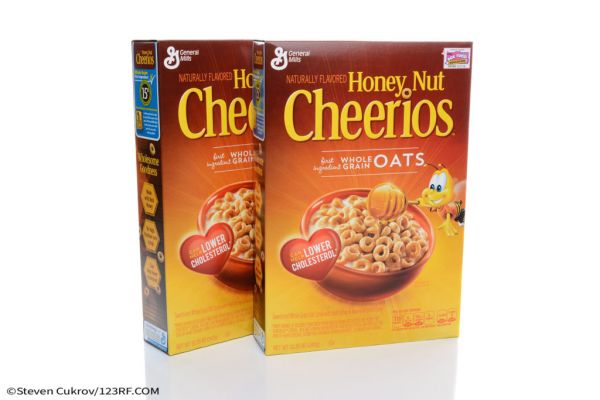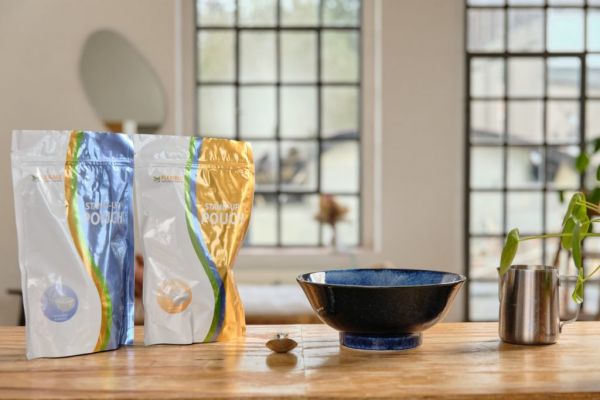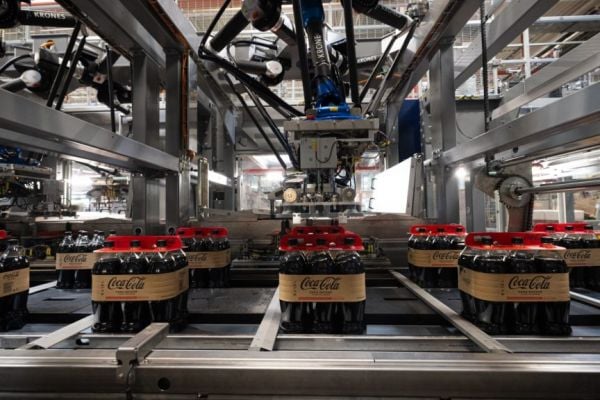General Mills Inc. decided it’s waited long enough for Congress to act on GMOs.
The food giant, which makes Cheerios and Lucky Charms cereal, will start citing genetically-modified organisms on its products across the US in coming weeks after a bid to create a national standard died in the Senate.
A law requiring GMO labels on some food products is set to go into effect July 1 in Vermont, and General Mills said it wasn’t plausible to create packaging for only one state. In January, Campbell Soup Co. became the first major food company to announce that it would start adding GMO labels to products with ingredients such as corn, soy, sugar and beets.
General Mills continues to support a federal standard and argues that the Vermont law is confusing to customers. But with the new legislation set to take effect in just over three months, the company said it had to act. Products with the new labels will start hitting shelves in the next few weeks.
“We can’t label our products for only one state without significantly driving up costs for our consumers,” Jeff Harmening, chief operating officer of US retail at General Mills, said on the company’s website. “The result: Consumers all over the US will soon begin seeing words legislated by the state of Vermont on the labels of many of their favorite General Mills products.”
Hot Issue
Labelling standards for GMOs have become a hotly contested issue, with states such as Maine and Connecticut joining Vermont in proposing their own mandatory labelling laws. The food companies say scientific consensus proves that GMOs are safe and that labeling is unnecessary. Groups opposed to GMOs on ethical and environmental grounds say consumers have a right to know if their food has been genetically engineered.
Last month, executives from General Mills said they were hopeful that a bill establishing a federal standard would pass in Congress. They echoed other food producers in arguing a state-by-state patchwork would be cumbersome and expensive to navigate.
Once the Senate bill died, General Mills had to proceed with GMO labelling because it will take a few months to ensure that products are compliant with the Vermont law, Harmening said Friday in an interview. The company’s distribution system isn’t set up to ship products to a particular state.
“It’s tough enough to comply with Vermont,” he said. “If we get other states with laws that are similar, but not the same, the complexity magnifies itself. The cost would be mind-bogglingly expensive.”
News by Bloomberg, edited by ESM. To subscribe to ESM: The European Supermarket Magazine, click here.














